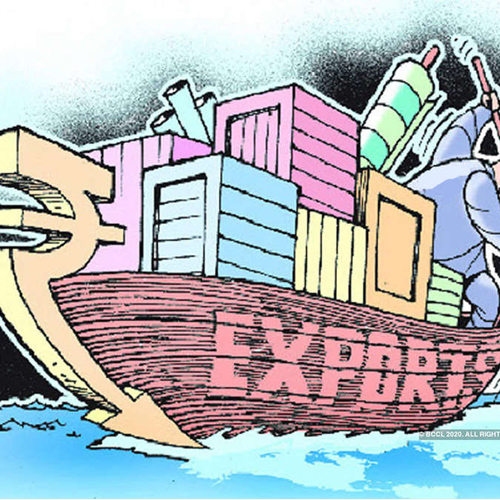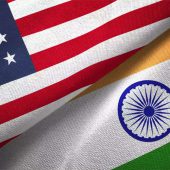India maps out post-Covid export plan to take on China

NEW DELHI: India has begun work on a continuity plan to kick-start exports once the country emerges from the shadows of the coronavirus pandemic. The plan includes cutting down import dependence, especially from China, by focussing aggressively on substitution while improving safety compliance and quality goods to gain global market share. The commerce and industry ministry is mulling setting up groups to draw up strategies for sectors where China has vacated space and countries are looking to diversify suppliers.
As per an analysis done by the commerce department, medical textiles, electronics, plastics and toys are some sectors whose exports can be promoted in the next three months or phase one while phase two exports include gems and jewellery, pharmaceuticals and steel, in the next six months.
Commerce and industry ministry Piyush Goyal is likely to discuss these plans with the external affairs minister and Indian missions abroad on Thursday.
“There are geographical issues of some countries because they don’t want to put all their eggs in one basket, which is China. We are looking at sectors where we can improve capacity and reduce costs especially where dumping is happening,” said one official.
As part of the strategy, India will look at areas where it has capability but continues to import and focus on the areas of core competence. Piyush Goyal on Wednesday told exporters that with shortage of food items in several countries due to supply chain disruptions, it is a good opportunity for export of agricultural and processed food items. He told exporters that incentives can be given, but they have to be “justified, reasonable, and WTO compliant”.
“Covid-19 will emerge as a non-tariff barrier as countries would insist on various certifications. We need to maintain those SOPs and provide digital certificates,” said Ajay Sahai, director general, Federation of Indian Export Organisations.
Goods exports shrank 35% in March, the biggest contraction in almost a decade while full-year shipments declined in 2019-20 for the first time after 2015-16, at 4.8% to $314.31 billion in FY20 from $330.08 in FY19.
The ministry has suggested forming groups of thinkers to brainstorm on what should be done after the pandemic for world dominance with a a humanitarian approach.






